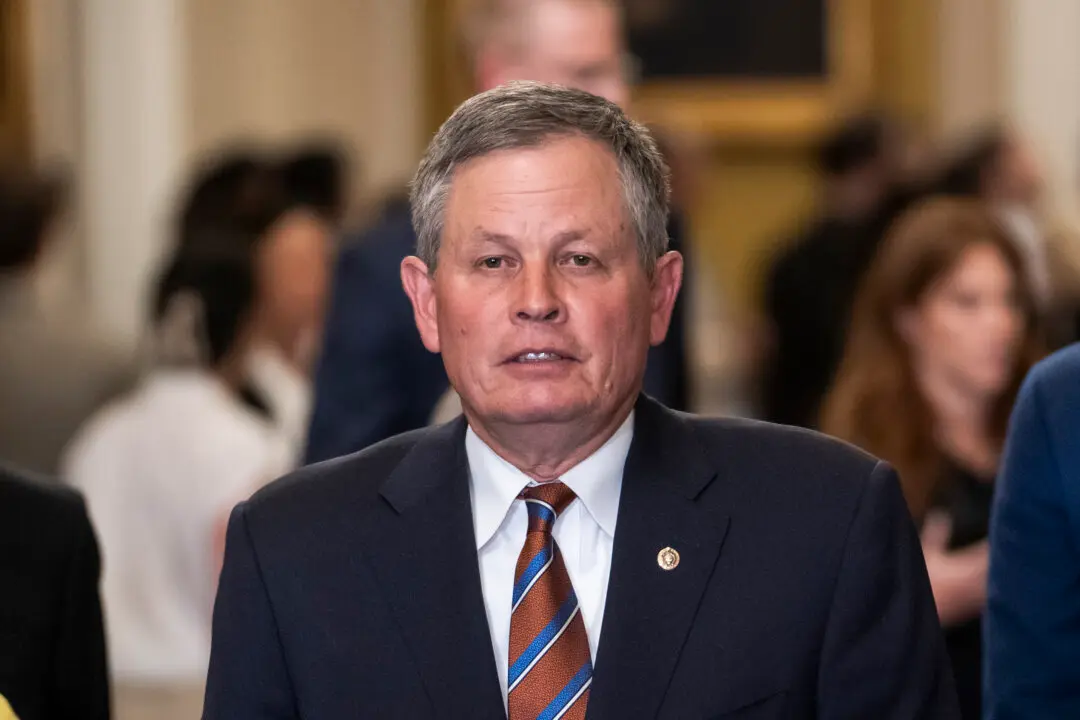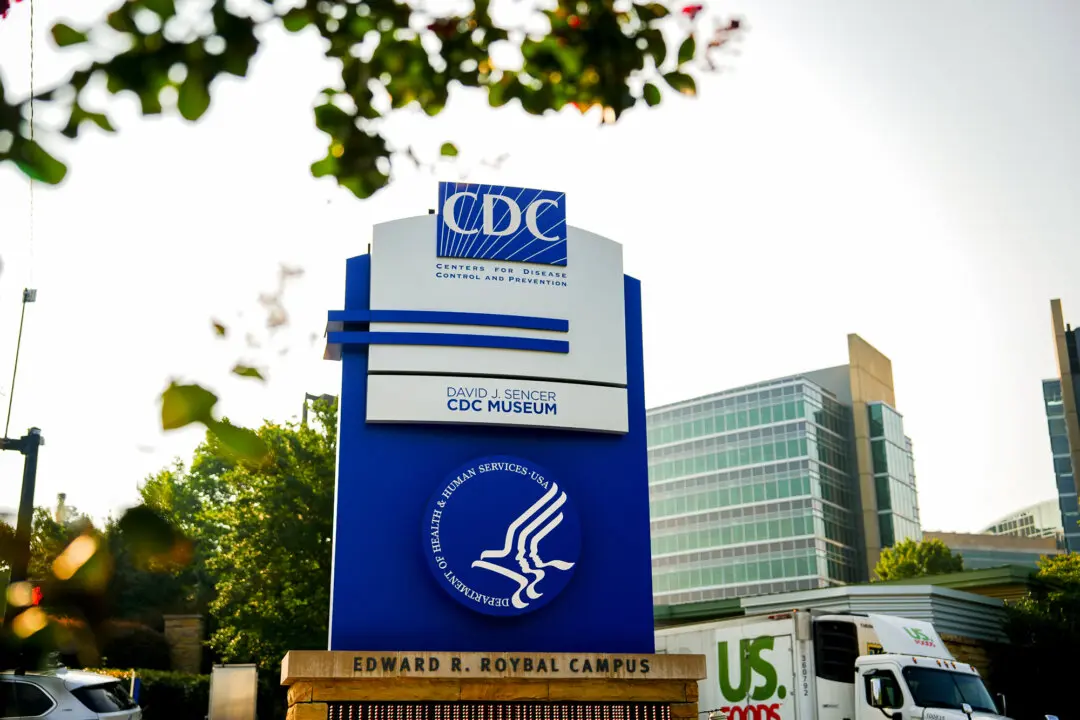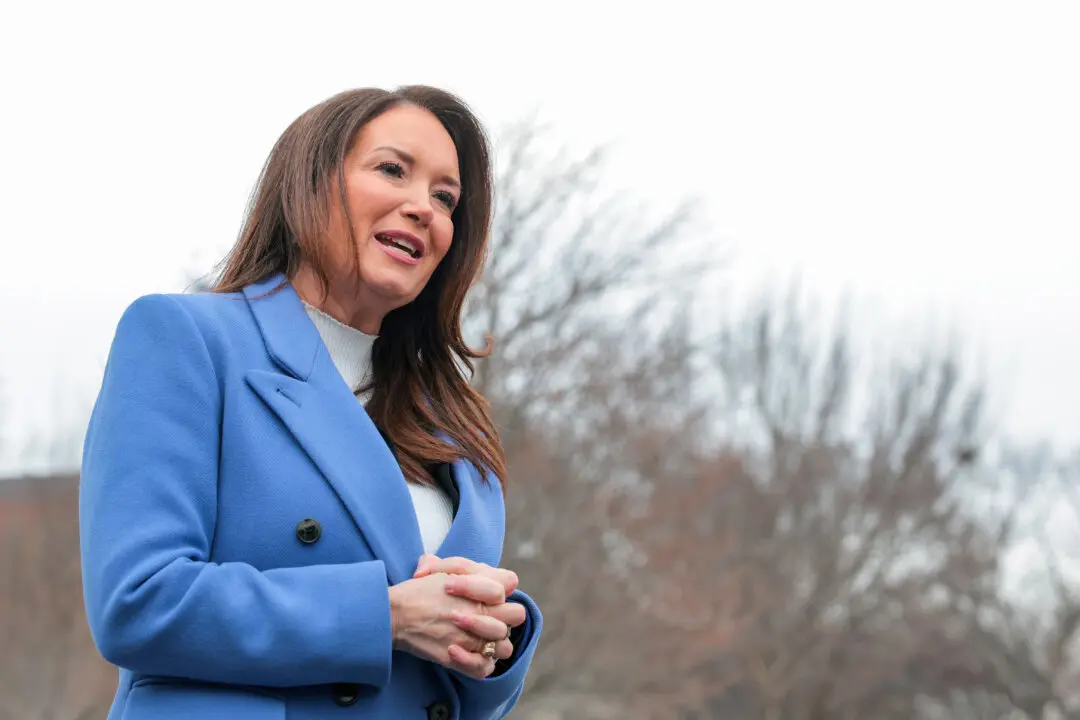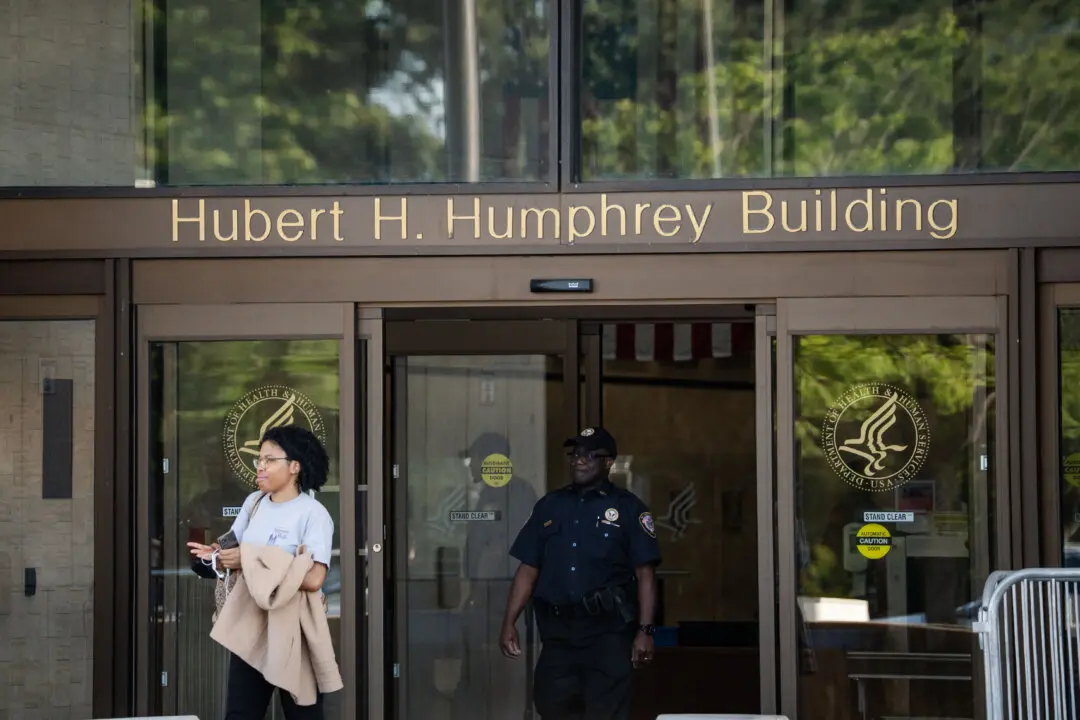South Dakota’s governor said on April 21 that she has taken executive action to ban the use of digital or paper documentation that enables people to show proof that they’ve been vaccinated against the CCP (Chinese Communist Party) virus, which causes COVID-19.
Gov. Kristi Noem, a Republican, said the executive order she signed concerning so-called vaccine passports aligns with making sure South Dakotans are able to exercise their freedoms.





